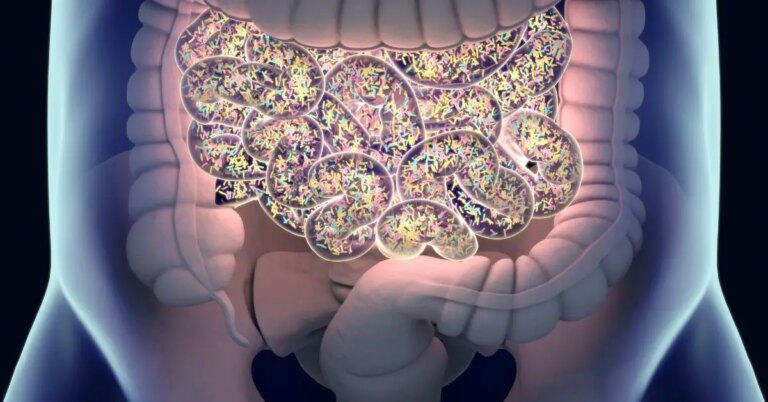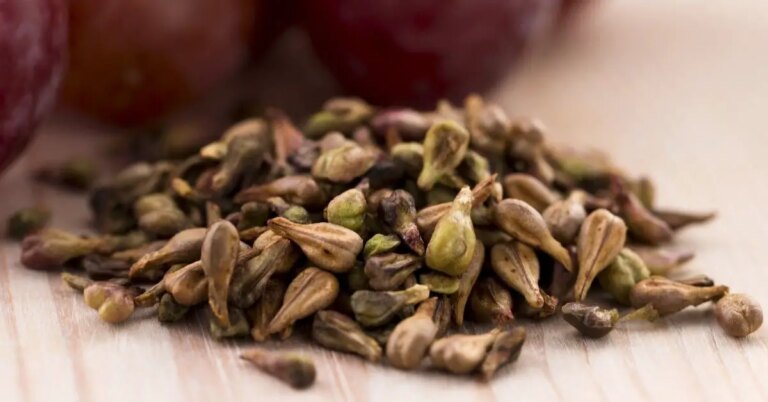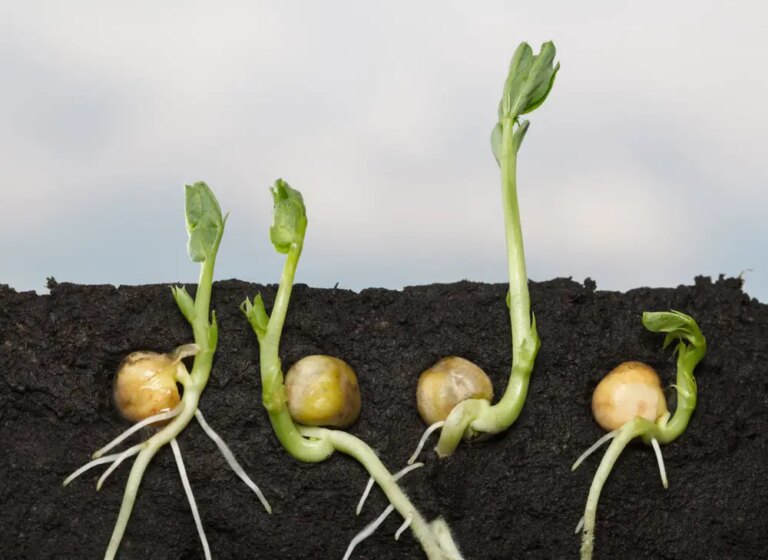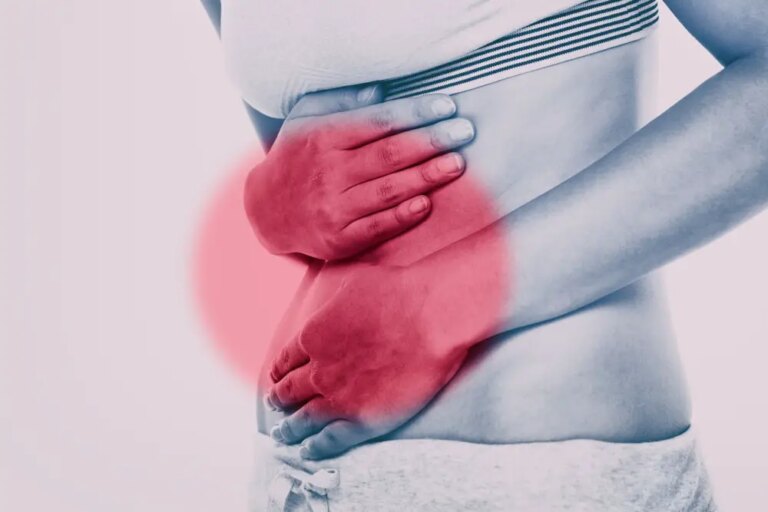Not Having Sex For a Long Time, Are There Side Effects?
Throughout our lives, nearly all of us will have a sexual encounter with another person. As Individuals, we feel attracted to people of the opposite or the same sex. Friendships occur, and sometimes it will lead to an intimate connection that becomes sexual. To do so is all perfectly natural, and it is how many…






















